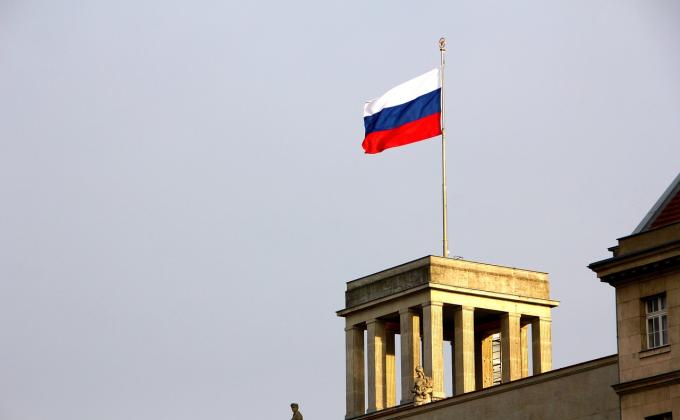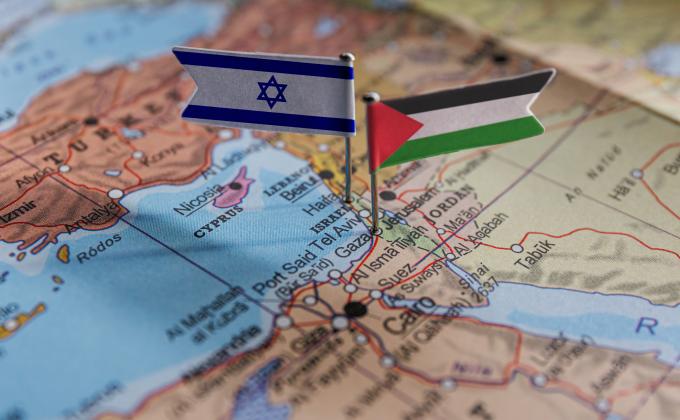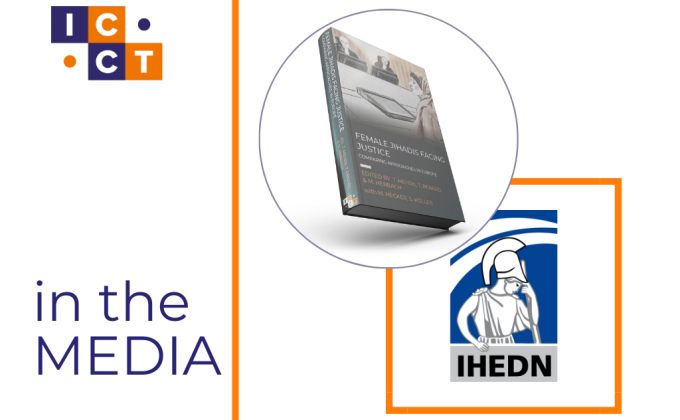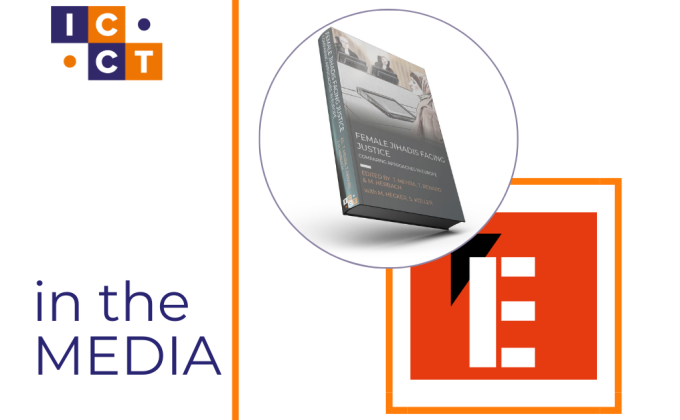As is well-known, today the danger of so-called “foreign fighters” in Syria and Iraq has ranked high on the agenda. In this regard, Italy represents an interesting national case. It presents noteworthy particularities that distinguish it, in part, from other European countries.
The contingent of Italy’s jihadists who have travelled to Syria and Iraq appears to be fairly small, with a little over 100 individuals having left the country. Recently, during the traditional press conference of Ferragosto (the Italian public holiday on 15 August), Interior Minister Angelino Alfano stated that Italian authorities have monitored 110 foreign fighters linked to the country. Out of these, 32 individuals have already died and 17 have returned to Europe. Only a minority of the jihadist foreign fighters linked to the country have Italian passports: thought to be fewer than 20. These are clearly modest figures compared to recent estimates for other European countries in absolute terms and even more modest in relation to the population (fewer than 2 foreign fighters per million).
In general, there is relatively little public information on Italy’s jihadists in Syria and Iraq. However, the case of Maria Giulia Sergio, nicknamed “Lady Jihad” by Italian media, is well-known and deserves attention. In particular, Sergio’s communications from Syria, intercepted for months by Italian authorities, give a valuable insight into the activities and motivations of this muhajira (female “emigrant”).
Maria Giulia Sergio, a 28-year-old woman, was born near Naples to a Catholic family (father, mother and an older sister). Her parents came from a humble background and had some economic problems, although not dramatic. The family decided to move to northern Italy around 2000. After high school, Sergio studied at university and worked in part-time jobs to pay for her studies. In 2007, she converted to Islam on her own initiative and took a new name, Fatima az Zahra (the name of Prophet Muhammad’s youngest daughter). In her own words, the internet facilitated a sudden conversion experience. Initially Sergio’s parents did not approve of her decision. Nevertheless, in the following years they converted to Islam, too.
Later, she adopted the niqab (the veil that covers the entire face with only a slit for the eyes). Sergio felt she was a victim of religious discrimination in Italy. On the other hand, she was well aware that her lifestyle and habits were regarded with suspicion or even hostility in some places she went in everyday life. Furthermore, it can be assumed that she even wanted to mark a difference and seek a confrontation.
Over time, her positions became increasingly radical. For Sergio, the self-proclamation of so-called “Islamic State” (IS)’s ‘caliphate’ in June 2014 represented a crucial event. She soon decided to leave for Syria. To this end, on 17 September 2014, she married an Albanian citizen she barely knew, Aldo “Said” Kobuzi, in an apparent marriage of convenience, facilitated by a mutual acquaintance of Albanian origin. Unlike other “IS brides”, Sergio wanted to marry a man she met through personal contacts before her departure, so as not to be compelled to marry a total stranger in Syria in circumstances that were out of her control.
Just four days after the marriage, Sergio and her new husband took an airplane and joined IS. They took up residence in the Aleppo Governorate, where they were reunited with Kobuzi’s sister and joined the Albanian contingent which had settled in the area. It is possible that the couple was helped initially by a sophisticated Albanian recruiting network linked to Kobuzi’s family. At a later stage, their arrival in Syria was coordinated by a specialised facilitator, named Ahmed Abu al-Harith, who is considered to be a member of IS by the Italian authorities.
In her eyes, Maria Giulia/Fatima fulfilled the duty of the “journey” (Hijra) to the newly-claimed “caliphate”, responding to Abu Bakr al-Baghdadi’s call. In Syria, Sergio took up firearms training, waiting to take part in combat someday. She explicitly expressed her willingness to fight, but, as a woman, she has not been allowed to fight. She also expressed the desire to “die as a martyr”.
Sergio is a strong-minded and self-confident woman. At the time of her departure to Syria, she did not have profound knowledge of Islamic and Arabic studies, but had shown interest in learning about these issues, outside formal educational paths. In fact, her dogmatic and proud insistence on doctrinal questions was evident. After all, it can be assumed the commitment to study can be an important factor of social recognition and legitimacy for a woman like Maria Giulia who cannot aspire to take combat roles within armed groups such as IS. Like most Italian foreign fighters, she did not suffer conditions of severe poverty or social exclusion.
Sergio’s story became public in January 2015. In the meantime, one by one, all her family members had converted to a very strict form of Islam. On 1 July 2015, Italian police arrested Sergio’s father, mother and sister in their house, on charges of travel for the purposes of international terrorism and criminal association: they had been preparing to go to Syria and join the self-proclaimed “caliphate”, convinced by the young woman’s pressing requests. Eventually, Maria Giulia/Fatima was able to recruit her whole family, using both carrot and stick approaches. For example, in one intercepted conversation Sergio peremptorily told her family members: “The Hijra [to Syria] is compulsory. I don’t mind what you’re thinking, ok? We don’t mind. You must to come here to … save your soul from hell and that’s all”.
Interestingly, Sergio’s relatives presented different attitudes and motivations. Her older sister was easily persuaded to leave for Syria: she was already showing sympathies for the cause of IS and, in addition, was apparently interested in finding a new husband, after her divorce. By contrast, her father and especially her mother were more sceptical and hesitant. In the end, apart from the emotional attachment to their daughter, they were also convinced by the promise of a better social position in IS-controlled territory. Italian authorities also found out that Bushra Haik, an Italian-born woman of Syrian origin, indoctrinated Sergio and other women via the internet.
On 5 July 2015, following the police operation, Sergio gave a striking interview to an important Italian newspaper. In this conversation, Maria Giulia/Fatima glorified IS as a “perfect state” based on Sharia law. She denied the accusation of human rights violations or torture in the newly-proclaimed “caliphate” but at the same time defended the use of beheadings and other forms of corporal punishment. During the entire interview she displayed a self-confident, doctrinaire tone.
The arrest had a dramatic impact on Sergio’s family. The health conditions of her mother deteriorated rapidly in prison and she died in October 2015. Her father, apparently a fragile person, maintained, under house arrest, that he was manipulated by his daughter Maria Giulia. It seems that his previous acquiescence turned into anger and shame. Furthermore, he stated that he wanted to return to Roman Catholicism. By contrast, her older sister is still in prison and has not showed repentance.
In conclusion, Sergio’s case presents interesting details and vividly illustrates many noteworthy peculiarities of the Italian case, including the relevance of foreign recruitment networks operating within the country and the prevalence of individual pathways of radicalisation over group mechanisms.








